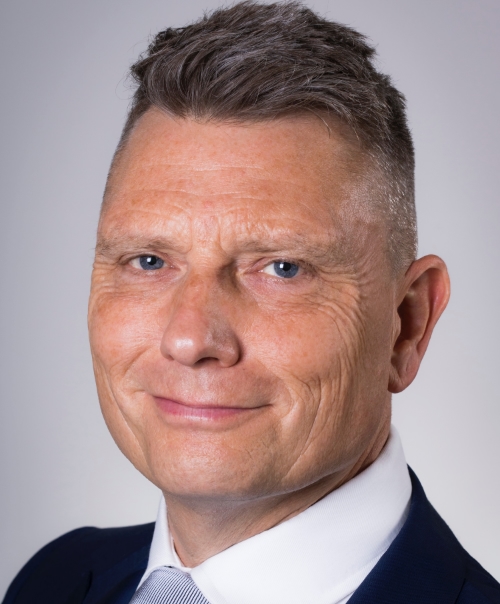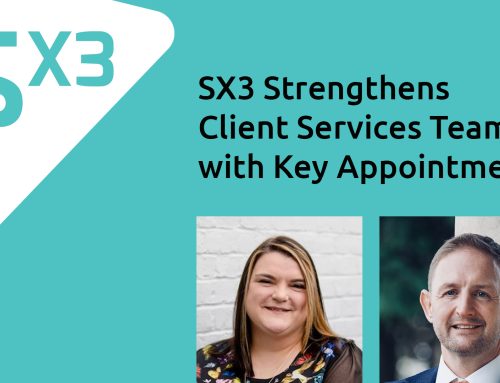I recently celebrated (yes celebrated!) 35 years in insurance. And before you ask, yes, I was very young when I started. Reaching that milestone made me reflect on my career so far in Claims.
A career, it has been said, is a set of random events organised with the benefit of hindsight. A career in claims is not an obvious choice and often one that people say that they fell into rather than deliberately chose. So, what kept my interest for 35 years and makes me want to continue? To answer that, I share with you a few of the key lessons that came from my career and that ultimately drove me to create a consultancy dedicated to the claims profession. As fellow claims professionals, you will recognise much of what I say.
Customer Service is About Owning the Problem
On my first day working at the Prudential, I was taught the principle of Utmost Good Faith, thank you to Brian King for a concept which has helped me navigate many an indemnity issue ever since.
The ‘Pru’ was a great grounding for anyone working in insurance. They taught me how important customer service is. When dealing with customers or issues you don’t blame someone else or pass them on. You are the organisation as far as the customer is concerned, so own the issue and resolve it for them.
With several severe weather events (the date 16th Oct 1987 is forever etched in my mind!) to deal with, I also learned how insurers coped with surge events.
It is Vital to Set and Meet High Standards
At Endsleigh, in an operation led by Stuart Ballantyne, I learned the challenges of handling claims as a TPA on behalf of insurers. To justify their faith in delegating authority to us, we aimed to make sure we delivered a better claims handling performance than the insurer could do themselves. The standards set were high.
Mastering the intricacies of uninsured drivers, Domestic Regulation and RTA (Road Traffic Accident) Insurer with the help of Joe Pendle (he was an encyclopaedia when it came to those pink pages of the MIB handbook!) was a huge challenge with a book of young/student drivers, but vital in ensuring we met those high technical standards.
Understand Where the Company’s Success Comes From – Nurture That Value Through Change
Moving to Ensign Motor Policies at Lloyd’s, I came to understand the workings of a Lloyd’s Syndicate, 3-year accounting, and how to operate in a small but highly empowered team. Under the leadership of John Neal (now CEO of Lloyd’s), Ensign grew tenfold in ten years.
For the claims team, that meant coping with rapid growth. We had to develop outsource solutions, sophisticated supply chains, open new offices, implement multiple team restructures, academy programmes, and systems developments. A critical tenet throughout that growth process was to maintain the empowered, entrepreneurial culture and technical capability that made Ensign so successful in the first place.
All this, at a time where motor claims were undergoing unprecedented upheaval with the Woolf Reforms, emergence of credit hire and the “costs wars”
Appreciating Diverse Businesses to Uncover and Deliver Value
QBE acquired Ensign, and their acquisitive nature taught me more strategic considerations such as operational leadership, cross class customer relations, business sector specific service propositions, drawing value from European and global reach, and matrix management systems. It was the many and varied integration projects where I learned to identify best in class, leverage scale and how best to deliver on the expectation of 1+1=3.
It was very challenging work but what great exposure – Property (who knew pubs became more combustible during a recession!), Casualty (riots in prisons!), Extended Warranty (high volume/low value trend analysis) and Legal Expense claims (just be wary of libel actions against national newspapers) each came my management at some point.
Keep Learning by Passing on What You Know
At BGL I learned to view claims from a Broker’s perspective. Not just the customer service demand, but also the operational challenges and commercial opportunities a broker has on the claims side. We also created a new MGA working with overseas capacity. This meant setting up a claims team from scratch, and establishing in them many of the principles I had learned from my previous roles.
Passing on knowledge is very satisfying, but it calls on you to review your career experience, random or otherwise, and structure it to be communicable. This process, in itself, teaches you new things about what you have experienced.
This is one of the things that drove me to set up a consultancy practice. Not just my own knowledge, but recognising there is a thirst from many fellow senior claims managers who reach a stage in their career where they want pass on their experience and help fellow professionals in the market.
SX3 – Looking Forward
The SX3 team now boasts 40+ senior claims experts from across the market all who want to share their knowledge. We have helped many insurers, brokers, suppliers and TPAs with expert advice, independent performance reviews or just an extra pair of hands.
I wouldn’t quite say 35 years has flown by, but can say Claims has never been dull. Its full of innovation, mind taxing technical challenges, and offers a great capacity for problem solving. I don’t need to add that the industry is also full of interesting and decent people – many I count as friends.
So, whilst Claims may not be an obvious career choice, how many can say they look forward to tomorrow with a similar enthusiasm to that which they felt on the day they first started their career?






